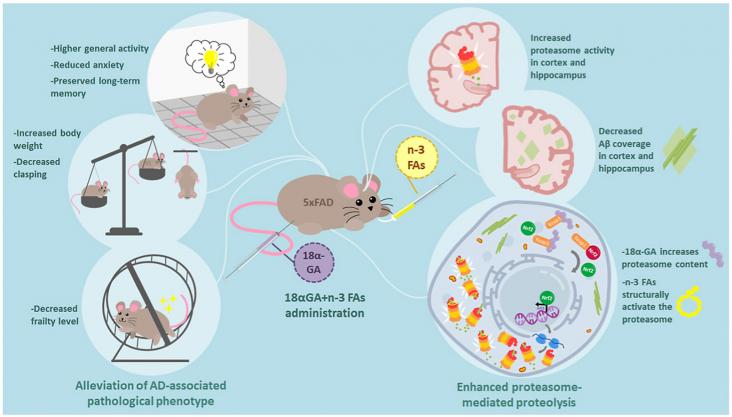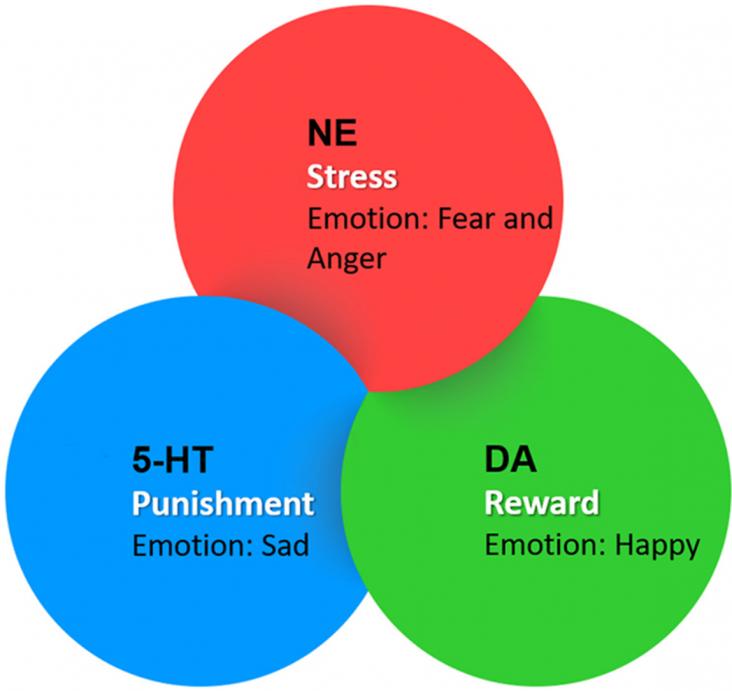This content aligns with Goal 3: Good Health and Wellbeing as well as Goal 10: Reducing Inequalities by exploring the quality of online information on neurodevelopmental disorders, eating disorders, psychotic disorders, and mood and anxiety disorders.
Elsevier,
Treatments, Mechanisms, and Adverse Reactions of Anesthetics and Analgesics, Volume , 1 January 2021
This content aligns with Goal 3: Good Health and Wellbeing and Goal 10: Reduced inequalities by showing the effectiveness of neural mobilization on pain and disability in individuals with musculoskeletal disorders.

Building and Environment will host a series of free webinars on COVID-19 Control, with the first webinar featuring 2 presentations from experts in the field:
1. Risk of Airborne COVID-19 Virus Transmissions in Airliner Cabins, presented by Qingyan “Yan” Chen, James G. Dwyer Professor of Mechanical Engineering, Purdue University, USA
2. Mitigating COVID-19 at Public Spaces, presented by John Zhai, Professor of Architectural Engineering, University of Colorado, Boulder and Keith Trace, Senior Director, Global Operations Services, Engineering and Facilities Management, Marriott International
This article ties to SDG 3. In this study, time-varying associations of pre-migration and post-migration stressors in refugees' mental health were explored. Understanding these time-varying association could help in designing tailored health promotion services at different resettlement stages and improving the efficiency of resource allocation.

Proteasome function is impaired in Alzheimer's disease (AD). Proteasome activation is followed by a decrease in amyloid-beta (Aβ) load. A reduced amount of Aβ correlates with significantly improved behavior and frailty level. Proteasome activation represents a promising intervention for alleviating AD pathology.
This is a special issue on food systems for children and adolescents with research on food marketing, nutrition and sustaining healthy diets and food supply chains.
This Article supports SDG 3 by summarising global, regional, and national estimates of the burden of tracheal, bronchus, and lung cancer and larynx cancer and their attributable risks from 1990 to 2019, and highlighting the importance of preventive measures such as smoking control interventions, air quality management programmes focused on major air pollution sources, and widespread access to clean energy.

Laughter therapy is a universal non-pharmacologic approach to reduce stress and anxiety. Laughter therapy can be used during COVID-19 pandemic as a useful supplementary therapy to reduce the mental health burden.
Women represent ⅔ of the cases of Alzheimer's disease (AD). Current research has focused on differential risks to explain higher rates of AD in women.
Using event-related potentials (ERPs) might help identify early neural changes indicative of future cognitive decline, offering an accessible and affordable alternative to other neuroimaging methods
